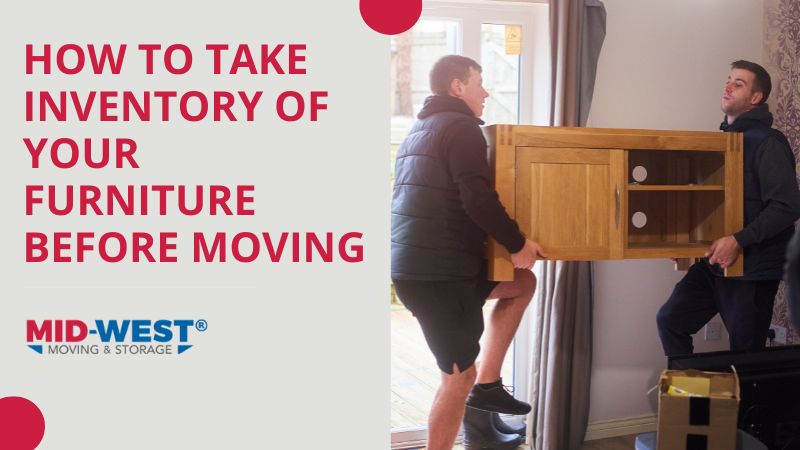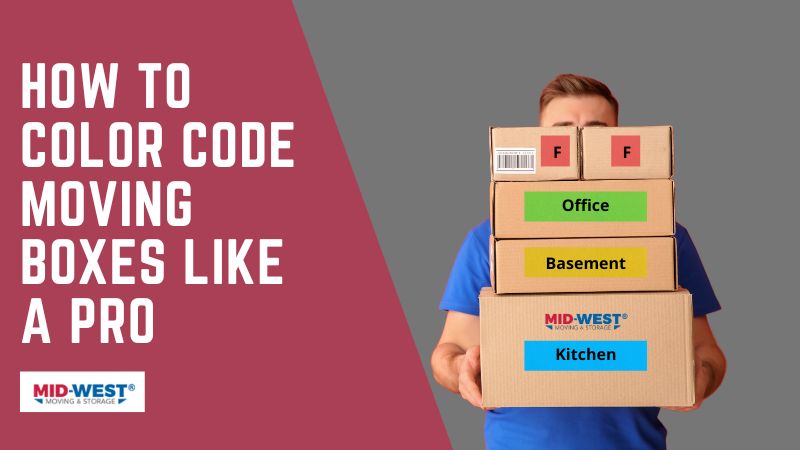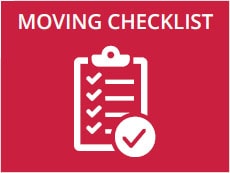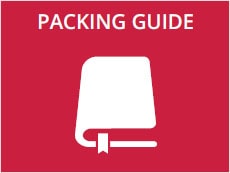Last Updated on July 8, 2021 by Kari-Ann Ryan
Buying a house is both thrilling and terrifying. Since you’re making one of the biggest financial decisions of your life, it can seem hard to know how to make a wise, informed decision. Before you commit to a mortgage, work through the following questions.
What Can You Actually Afford?
Before you waltz into the world of house shopping, it’s important to take a serious look at your financial situation. Take inventory of all your income, savings, expenses, and debts. What kind of monthly payment can you afford? How long do you want to pay a mortgage? Are you willing to change your lifestyle to afford these payments?
Also consider the types and amount of loans you can secure. Your current amount of debt, your credit score, and the stability and amount of your income will likely determine this.
Consider meeting with a financial advisor to get a realistic idea of how much you can afford to pay every month and how that payment will impact your lifestyle.
Don’t forget to consider hidden costs of home ownership and purchasing like utilities, upkeep, closing costs, insurance, realtor fees, property taxes, etc.
What Does Your Five-Year Plan Look Like?
Maybe you can afford a mortgage right now, but how about in five years? Take a hard look at your long-term plans before committing to a monthly house payment.
Ask yourself the following questions about the next five years:
- Do you or your partner plan on enrolling in graduate school?
- Do you plan on having a baby or adopting?
- Are you getting married?
- Do you plan to financially support a child going to college?
- Do you plan to move again soon?
If you answered yes to any of these questions, you don’t necessarily need to forget about buying a house. However, you should consider how each of these factors affect your ability to pay your mortgage.
How Much Is This Property Worth in Today’s Market?
While a real estate agent can’t tell you exactly how much you should offer for ethical reasons, your agent can provide you with invaluable information.
Ask about comparable properties that have recently been sold in the area. Your agent can tell you how long homes are on the market, what percentage of the asking price sellers are getting, and the low and high price ranges for similar homes.
How Flexible Is the Seller?
Before you make an offer, you might want to check how flexible the owner is with the asking price. Talk to their real estate agent (or ask your agent to do so) about whether the seller is willing to negotiate.
If you send out a low-ball offer and the seller isn’t willing to play, you could lose the house.
How Is the Neighborhood?
You aren’t just buying a house, you are buying a spot in the neighborhood. Annoying neighbors can be as big of a problem as any maintenance issue. Real estate agents and sellers will likely tell you the neighbors are great because they want to make the sale. Do a little detective work to find out more about the neighborhood.
Use your eyes-what do the cars along the road look like? The brand doesn’t matter as much as the condition. If all of the cars are rundown, expect a rundown neighborhood. How about the yards? Remember, if you ever have to sell this house, it’s harder to make a sale when the neighborhood looks uninviting.
Check for sidewalks. If you have children or like to take evening strolls, the absence of sidewalks could prove to be a safety hazard.
Go around and meet some of the neighbors. Ask about the house, other neighbors, neighborhood activities, etc. Ask about the average age around the neighborhood. If you have young children, you’ll probably want other children around so your kids can make friends.
Does the Ground Slope Toward or Away From the House?
If the ground slopes toward the house, get ready for foundational and basement issues. Fixing the slope is an expensive endeavor. Of course, if this is your dream house, you can use this as a negotiating tool.
Are There Any Strange Odors?
When you walk into a home you should smell nothing out of the ordinary. Even pleasant smells from candles could be a tactic to cover up nasty odors.
If you smell a foul odor, stay away. Some buyers believe they can get rid of the smell quickly by airing out the house. The smell is likely indicative of a larger problem-like mold, dirty owners, etc.
Are There Any Signs of Pests?
Are you ready to battle pests for the next several months? If you don’t put in the legwork, you might find yourself with a pest-infested home.
Ask the real estate agent or seller about any pest problems. However, don’t rely on their word alone. Look through the home yourself. Check behind appliances and underneath furniture. Watch for insects and rodent droppings. Look in the pantry. Do you see chewed through bags? Look in cabinets and other dark, moist areas where pests tend to congregate.
Alleviate the stress that comes with buying a house. Ask these questions to ensure you are a prepared, informed buyer.
Work with a Professional Mover
When you are ready to move forward, it’s important to contact a professional, licensed moving company. If it’s in the summer time, you’ll want to book one out well in advance to ensure they will be available on moving day.
If you moving within or out of the Chicagoland area, reach out to Mid-West Moving & Storage. Our movers are trained and experienced to arrive on time, carefully handle your belongings and assemble furniture as needed. As a full-service Chicago moving company, we can handle the planning, packing, moving and furniture assembly of your belongings.
For more information regarding our moving services in the Chicago, IL area, please give us a call at (847) 593-7201 or fill out a contact form. We will be happy to provide a free estimate!















